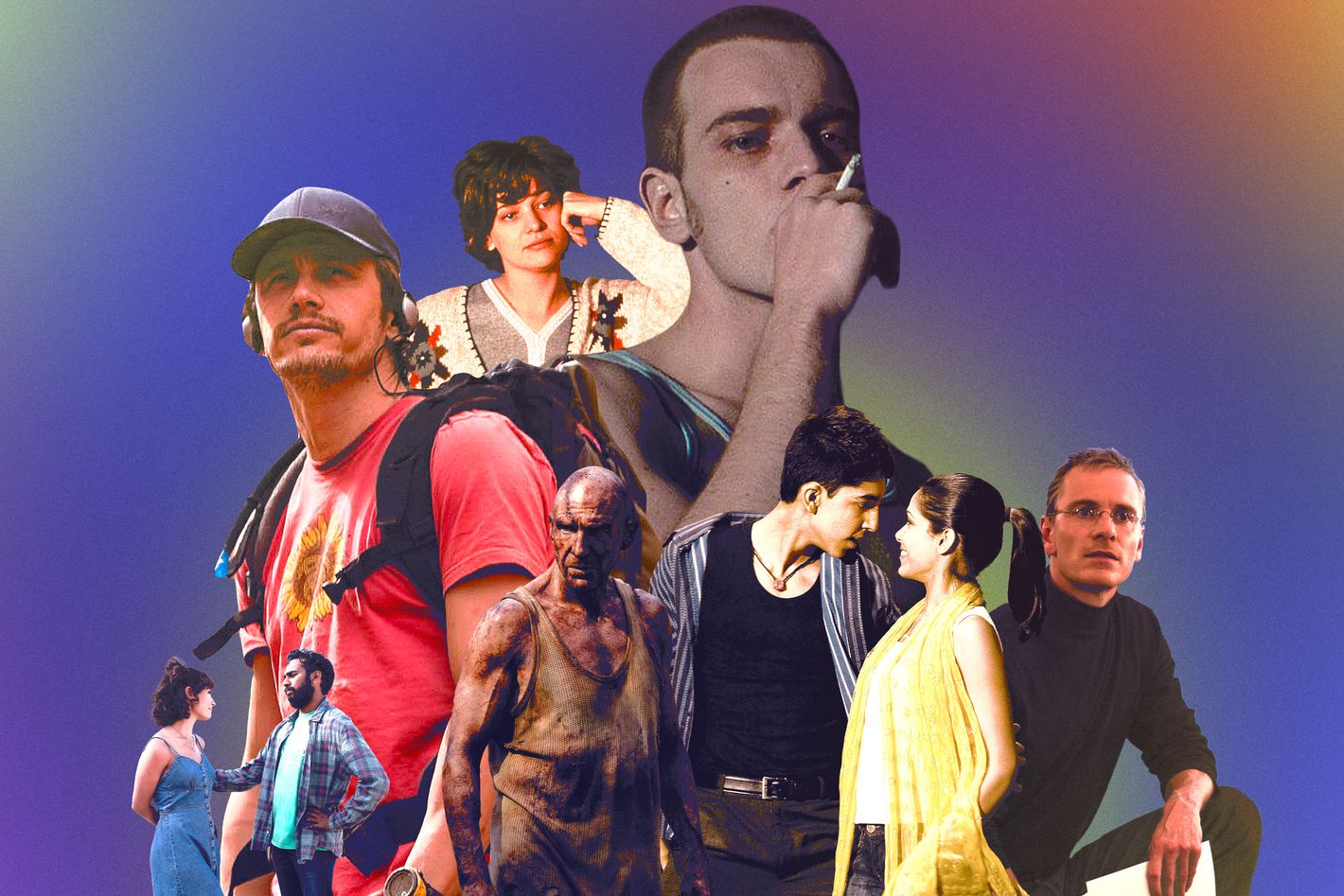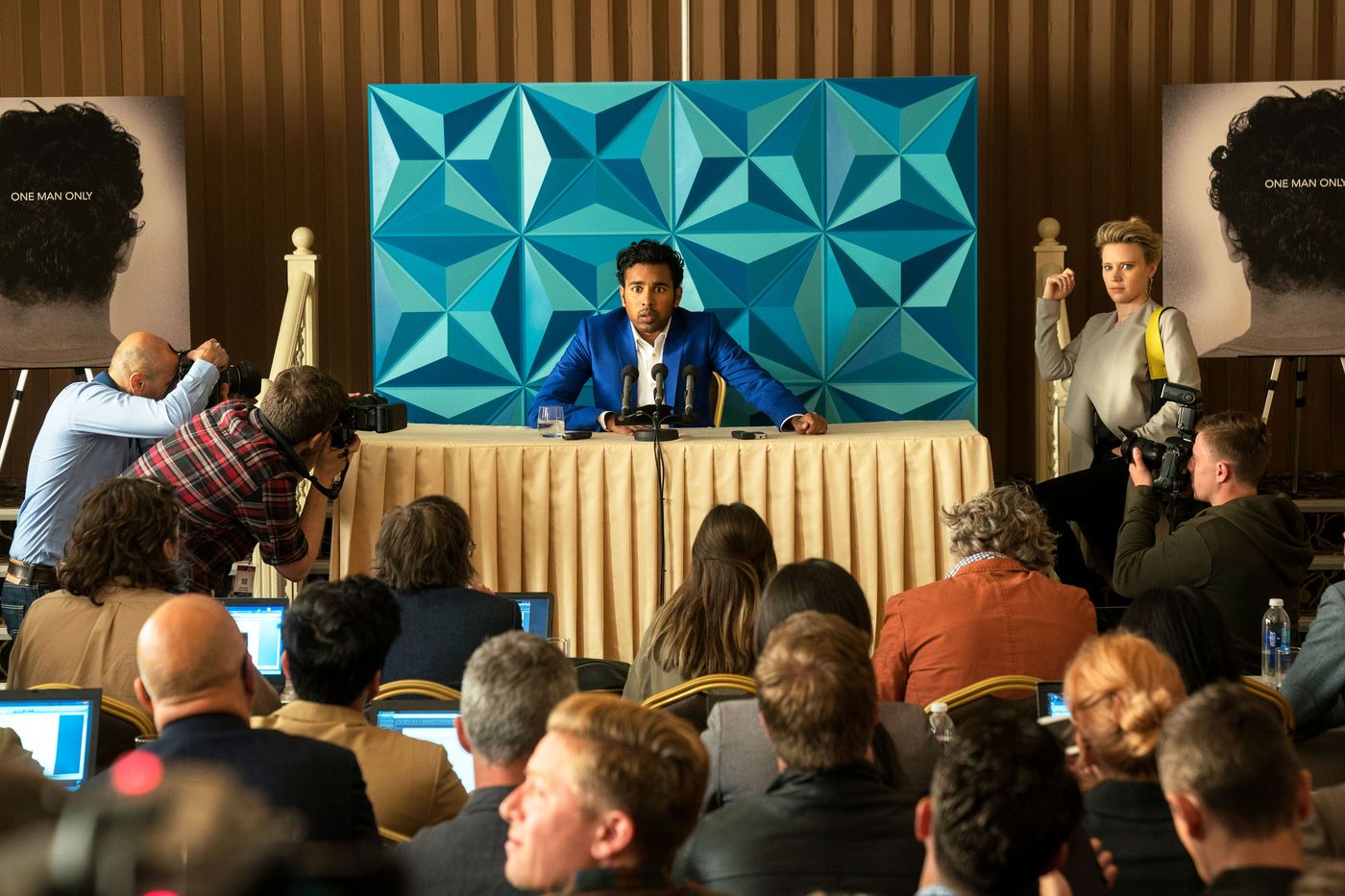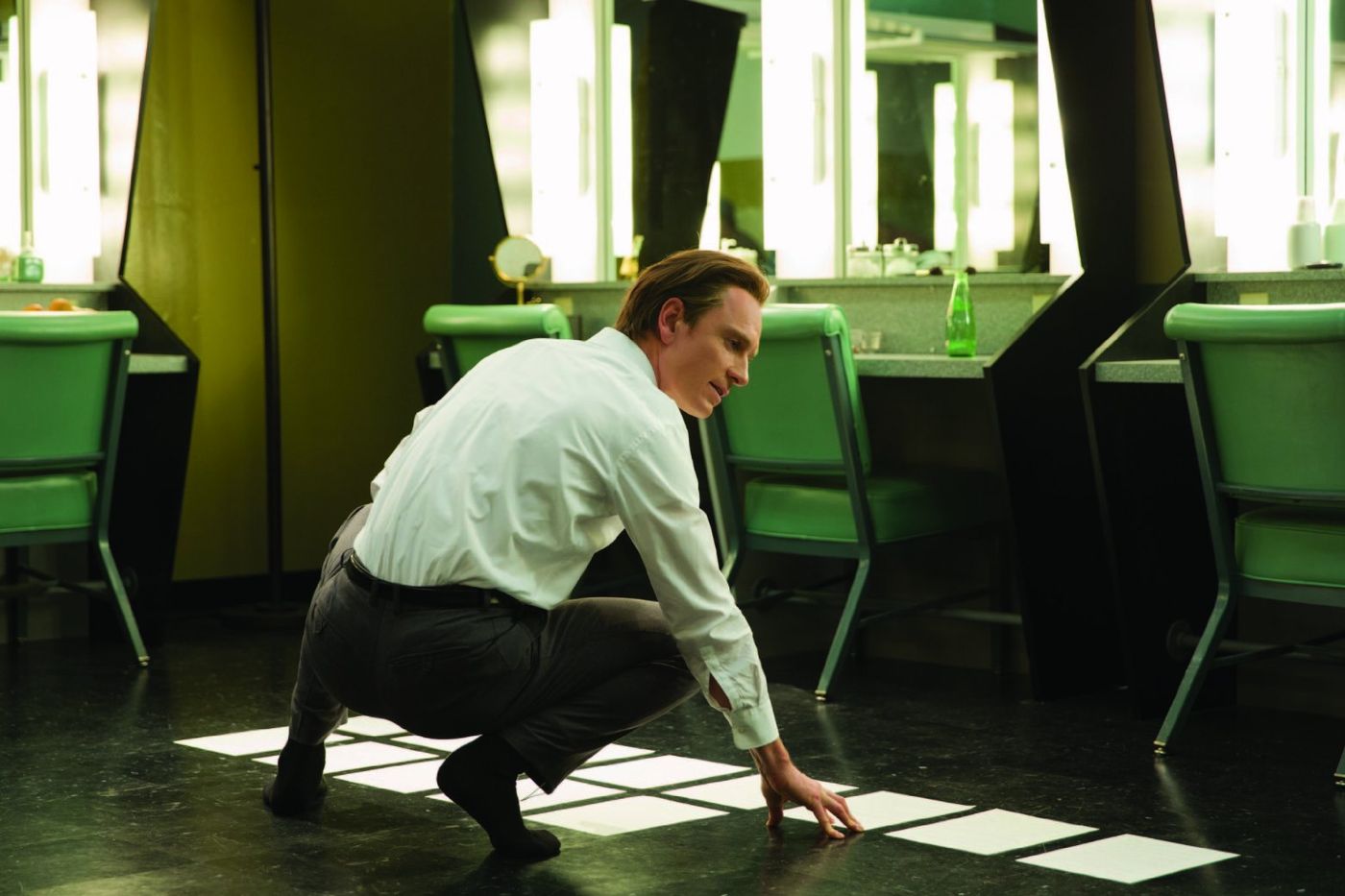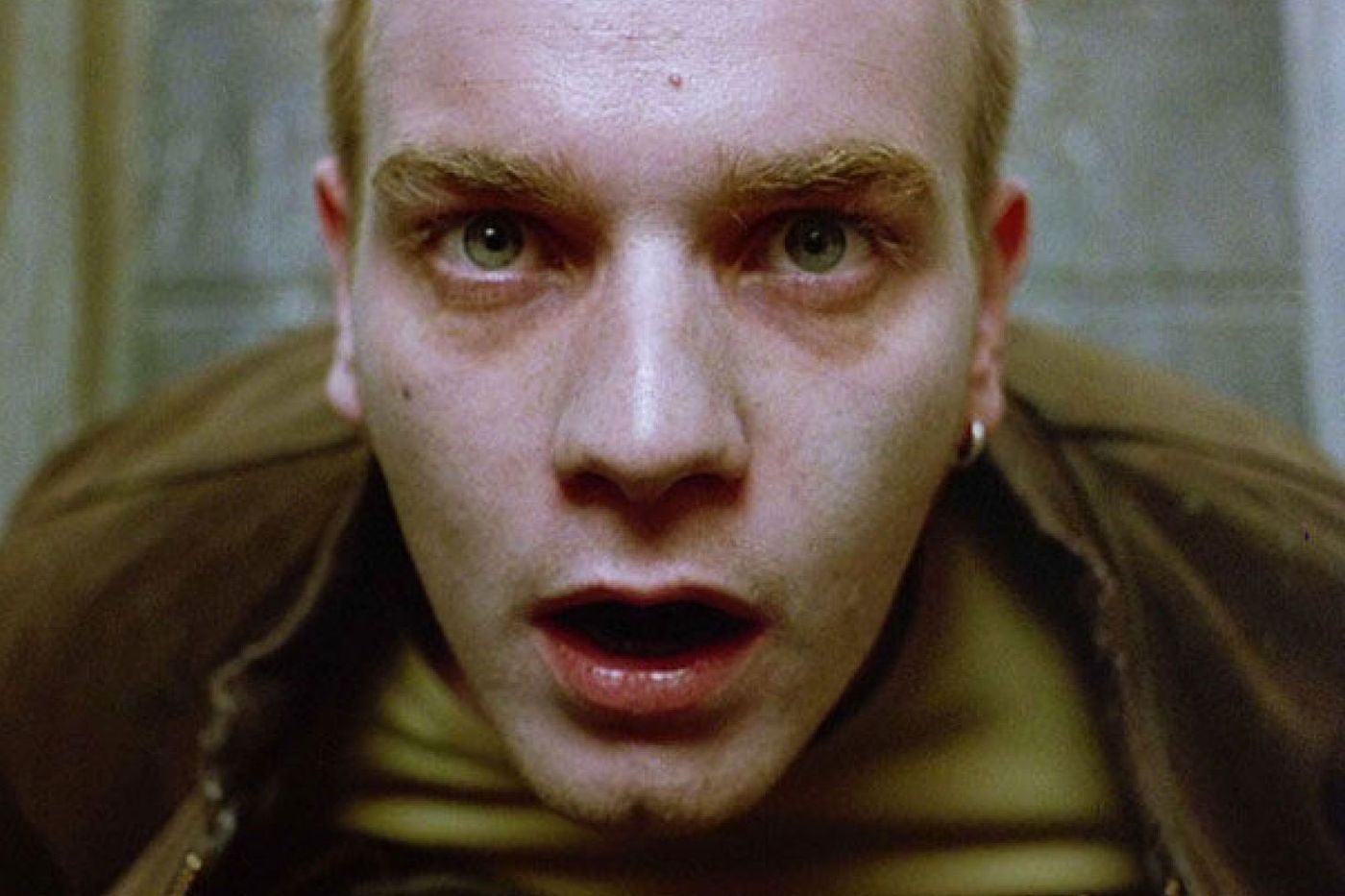- Home
- Yachts
- Antique Cars
- Art & Collectibles
- Art Basel Miami 2024
- Boats
- Business
- Cars
- Entertainment
- Events
- Fashion
- Real Estate FL
- For Sale
- Jets
- Jewelry
- Lavish Solutions
- Lifestyle & Travel
- Luxury Cars
- Luxury Goods
- Mathematics
- News Headlines
- Politics
- Real Estate
- Sports
- Watches
- Yacht Charter , Superyachts , Megayachts
- Services
- Policies & Information
- Home
- Yachts
- Antique Cars
- Art & Collectibles
- Art Basel Miami 2024
- Boats
- Business
- Cars
- Entertainment
- Events
- Fashion
- Real Estate FL
- For Sale
- Jets
- Jewelry
- Lavish Solutions
- Lifestyle & Travel
- Luxury Cars
- Luxury Goods
- Mathematics
- News Headlines
- Politics
- Real Estate
- Sports
- Watches
- Yacht Charter , Superyachts , Megayachts
- Services
- Policies & Information
- Home
- Home
- Home
- About Us
- About Us
- About Us
- Advertise With Us
- Advertise With Us
- Advertise With Us
- Submit a News Tip
- Submit a News Tip
- Submit a News Tip
- Contact
- Contact
- Contact
- Culture
- Culture
- Culture
- Entertainment
- Entertainment
- Entertainment
- Subscription Plans
- Subscription Plans
- Subscription Plans
- My account
- My account
- My account
- Technology
- Technology
- Technology


For all the movies that Danny Boyle has made about youth culture, it should be said that he didn’t direct his first film, 1994’s Shallow Grave, until he was nearly 40. He was originally a theater director before working in television, making his name producing TV movies for the BBC, including a controversial film about murders in Northern Ireland named Elephant that would influence the Gus Van Sant film. Elephant, and his working-class background, spoke to Boyle’s desire to tell real stories about real people’s struggles … but to do it with ambition and, more than anything, energy to burn.
Boyle’s movies, even the less successful ones, are always trying something: They are never content to just tell a story straightforwardly, or to give you what you expect. They are trying to provoke a response, preferably a big one: It makes sense that he wanted to do a Bond film — although he ultimately walked away from directing No Time to Die — and he was the perfect choice to be the artistic director for the opening ceremony of the 2012 London Olympics. He’s always taking big swings.
With the release of 28 Years Later this weekend, the second sequel (and the first directed by Boyle) to his massive 2002 hit, we looked back at Boyle’s 14 movies. Some of these work, some of them don’t, but they all stir something in you: They are anything but boring. And when he’s firing on all cylinders, his ambition can evoke the eternal: His movies feel both specific in their age and also timeless.
A Life Less Ordinary
Year: 1997
Runtime: 1h 43m
After the massive cultural event that was his Trainspotting breakthrough, Boyle’s next film — a bigger-budget, star-laden studio picture — was always going to have unusual pressure on it. But Boyle’s ever-quixotic career strategy, to zig right when everyone wants you to zag, ended up straitjacketing him here. This pseudo-thriller/whimsical romance/quirkfest has the wrong tone from the get-go, and that’s before the mob subplot and the guardian angels played by Delroy Lindo and Holly Hunter show up. Ewan McGregor flaunts his scruffy romantic-comedy chops that would serve him well later — though he and Cameron Diaz never quite click — but A Life Less Ordinary is a misshapen mess that, for the best of everyone involved, is mostly forgotten about today.
The Beach
Year: 2000
Runtime: 1h 59m
Following A Life Less Ordinary, Boyle’s Hollywood sojourn continued with this adaptation of Alex Garland’s debut novel, seen by many at the time as a bit of a Gen-X totem of drugs, freedom, and alienation. It turned into a post-Titanic Leonardo DiCaprio vehicle that transforms the novel’s unpredictable philosophical action into a series of episodes where DiCaprio has to yell at a lot, run, look anguished, run some more, then fight a shark. (Seriously.) The Beach is an oddity in both Boyle’s and DiCaprio’s filmographies, an introduction to themes they’d both explore more interestingly later in their career, but its exhaustive monologues about “liberty,” like the rest of the movie, haven’t aged so well. The major takeaway would be Boyle’s connection to Garland, who would end up writing the screenplays to four more Boyle movies, including two upcoming 28 Days/Years Later movies.

Year: 2019
Runtime: 1h 57m
A struggling songwriter named Jack (Hamish Patel) gets hit by a bus and wakes up to learn he’s the only person who remembers the Beatles; once he begins singing their songs, he turns into the most successful artist in the world. This ridiculously high-concept comedy is the odd merger of Boyle’s sensibilities and those of screenwriter Richard Curtis (Love Actually, Notting Hill). Curtis ultimately wins out; Yesterday is sugary-sweet in a way that’s discordant with most of the rest of Boyle’s filmography. There are some nice touches — Boyle tries to add some darkness with Jack’s growing paranoia that he’ll be found out, and Robert Carlyle plays an excellent now-not-famous-at-all 83-year-old John Lennon — but this is a movie with extended cameos from both Ed Sheeran and James Corden, which should probably tell you all you need to know.
Year: 2013
Runtime: 1h 41m
Returning to the crime-thriller pleasures of his big-screen debut, Shallow Grave, Boyle once again tells the story of three distrustful individuals who must work together. James McAvoy is part of a British auction house who serves as the inside man to Vincent Cassel’s art thief, and Rosario Dawson plays a seductive hypnotherapist they recruit to help McAvoy recover his lost memory in order to locate the pilfered priceless Goya painting. Trance is all cool vibes and trippy twists — it’s Boyle trying to enjoy some down-and-dirty kicks after making prestige pictures like Slumdog Millionaire and 127 Hours — but it’s a fairly lightweight genre exercise. Truth is, tossed-off fun just isn’t Boyle’s specialty; he works best when his big, beating heart is in it, and there’s not a trace of that in Trance.
Year: 2025
Runtime: 1h 55m
The 2002 original was an exploration of pure terror. By comparison, Boyle’s sequel is merely batshit crazy. If 28 Days Later presaged our post-9/11 paranoia and dread, 28 Years Later settles into the resigned gloom of our modern age, where everything is rubbish and only getting worse. Boyle and frequent collaborator Alex Garland specifically mourn Britain, with the film becoming an extended metaphor for Brexit’s destabilizing and isolating effect on the nation. The director relishes delivering more of the brutal horror sequences that were the first film’s hallmark, but unlike 28 Days Later’s tight, suffocating narrative, here the story is more sprawling — and a whole lot sillier. Newcomer Alfie Williams plays Spike, a tween living on a protected island with his hunter father (Aaron Taylor-Johnson) and mysteriously ailing mother (Jodie Comer). Like how every Jurassic Park sequel introduces new varieties of killer dinosaurs, Boyle pulls out an even scarier kind of zombie — watch out for Alphas!! — which only makes 28 Years Later feel more like a calculated way to extend a franchise, not set a new standard for horror cinema. The film’s saving grace is Ralph Fiennes as a striking Kurtz-like figure who might be the only doctor left alive — or he might just be mad. That oddball fits in well in a sequel that’s often ludicrous, unsuccessfully trying to split the difference between being demented and just plain bonkers.
Millions
Year: 2004
Runtime: 1h 38m
Boyle almost never makes the same film twice — so much so that, if his last film leaned heavily in one direction tonally, you can bet he’ll do something that’s almost completely different for the follow-up. How else to explain the perversity of releasing the soul-shredding 28 Days Later and then, right after, delivering a sweetly hopeful family film about people’s inherent goodness? Alex Etel plays Damian, a boy who lucks into a bag of money, sparking a debate between himself and his older brother (Lewis Owen McGibbon) about what they should do with it. Millions could be thought of as a kiddie version of Shallow Grave, except things don’t go so dark (and there’s a much happier ending). This is Boyle consciously aiming for a heartwarming saga for all ages, and while he pushes the fantastical whimsy a bit too hard, Millions is probably his most purely charming picture.

Year: 2015
Runtime: 2h 2m
When Aaron Sorkin wrote a biopic about Mark Zuckerberg, it became The Social Network, a chilly, damning portrait of a ruthless, insecure computer whiz who made our lives immeasurably worse. A few years later, Sorkin turned his attention to another exalted tech legend, Steve Jobs, but this time he wasn’t working with David Fincher, the master of cold detachment. Instead, Sorkin teamed up with Boyle for a movie that might be more conventional than The Social Network, but that’s also a smart, humane examination of the inner turmoil of a man who presented himself to the world as a prophet as a way to paper over his own pain. Michael Fassbender plays the deceased Apple guru — a flawed, ruthless, but ultimately compassionate soul. Steve Jobs tanked at the box office and received only two Oscar nominations — one for Fassbender for Best Actor and one for Kate Winslet for Best Supporting Actress as Jobs’s right-hand woman, Joanna Hoffman — and as such it’s now a bit overlooked and underrated. Not as flashy as Boyle’s most flamboyant films, it earns its emotional payoffs, even if it’s never especially cutting.
Year: 2010
Runtime: 1h 34m
Sometimes Boyle likes to craft himself little exercises, traps he sets so he can try to find his way out, and 127 Hours is a feature-length version of one of these experiments. In 2003, hiker Aron Ralston found himself trapped for days by a falling boulder in Utah, eventually having to break, and ultimately amputate, his arm. It’s an endurance test for the audience as well as its star, a game (and Oscar-nominated) James Franco, who shores off some of his career-long tics to give a raw, painful performance. But mostly this is about Boyle finding ways to keep viewers interested in a guy who is, for a 94-minute running time, stuck to a rock. And he’s up for the challenge: 127 Hours is entertaining and even occasionally moving.
Slumdog Millionaire
Year: 2008
Runtime: 2h
The movie that won Boyle his Best Director Oscar (not to mention Best Picture), and which remains his biggest commercial hit, Slumdog Millionaire has always been a bit of an odd duck in the Boyle filmography: a feel-good, high-concept drama with a narrative structure that’s far more conventional than any of Boyle’s most daring films. While you can see all the plot gears churning away, and it’s rarely surprising, it still works like gangbusters, thanks largely to a terrific cast (including Dev Patel and Freida Pinto, both making their film debuts and both absolutely perfect) and Boyle’s execution, which ensures every story beat hits with maximum velocity. We find Slumdog Millionaire a little bit too manipulative and very much prefer Boyle in deconstructionist mode. But when the story manipulates with this much skill and heart, we remain as helpless to resist it as everybody else was nearly two decades ago.
Year: 2017
Runtime: 1h 57m
There is a certain madness in even attempting to make a 20-years-later sequel to Trainspotting, a film that captures its specific era, and its characters’ specific age, so brilliantly that it’s difficult to fathom what you could do with them after two decades other than assume they all died. But Boyle and all his original collaborators pull off a certain magic in not so much recreating the energy of the first film but, rather, revisiting it from an older, more tired perspective: Everyone who saw Trainspotting back in 1997 will feel suitably ancient watching T2 — in a good way, if that’s possible. The sequel’s adventures are less madcap, sadder, even exhausting, and while these characters haven’t changed necessarily, they are able to see themselves more clearly now, for better and for worse. (It helps that McGregor is such a game anchor; he has aged with these characters, and his audience, as well.) This could have been a disaster, and it’s sort of a miracle that it isn’t.
Shallow Grave
Year: 1994
Runtime: 1h 32m
Every few years, critics go in search for the Next Hitchcock, and in the mid-1990s, that seemed to be Danny Boyle, whose first feature was a wonderfully wicked look at flatmates who slowly go to war with one another once their new roomie overdoses — and leaves behind a suitcase full of dough. Truth be told, Shallow Grave actually isn’t that Hitchcockian, but it’s such a smartly, tautly made thriller that it drew comparisons to Hitch’s penchant for coldblooded intrigue and duplicitous characters. Speaking of which, here’s where audiences first became acquainted with Ewan McGregor, who alongside Kerry Fox and Christopher Eccleston serves up so much charismatic, 20-something rebellious swagger that he was destined to become a movie star. But Shallow Grave was just as important a calling card for Boyle, who elevated a potentially familiar story about a group of friends who discover the downside of stumbling onto what they assume is free money. In his hands, the twists were disturbing, the sexual tension was palpable, and the dark humor never let up.
Sunshine
Year: 2007
Runtime: 1h 47m
Reuniting with his 28 Days Later star, Cillian Murphy, and screenwriter Alex Garland, Boyle set his sights on the heavens, telling one of the bleakest sci-fi stories of this century. In the not-too-distant future, Earth’s sun is about to go out, and a group of scientists and astronauts venture on a one-way journey to reignite the star in order to save humanity. In retrospect, Murphy’s physicist character, Robert Capa, is an intriguing dry run for Oppenheimer, where he would play a man of even greater intellect and emotional opacity. But Sunshine’s cast is filled with superb actors, including Rose Byrne, Cliff Curtis, Benedict Wong, and Michelle Yeoh — not to mention a pre-fame Chris Evans — as their spacecraft faces deadly obstacles on the way to completing this desperate mission. Many films try to pay homage to 2001, but Sunshine is one of the few that at least approaches its grandeur, while Boyle introduces a deep pessimism that makes this movie a worthy spiritual follow-up to 28 Days Later’s profound despair. Decades later, the wild, horrorlike ending divides viewers, but for our money it’s as audacious — and, frankly, as beautiful — as everything that came before.
Trainspotting

Year: 1996
Runtime: 1h 34m
Trainspotting is a film about drug-addicted losers in an economically depressed area of Scotland in which a man crawls into a toilet, a cocaine-addicted baby dies, and a man is covered in his own feces while talking to his family at breakfast. Which is why you really have to believe us when we say that if you were a young person in 1996, it made you feel seen. In many ways the true ’90s movie — a film both nihilist and inspirational, disgusting and electrifying — Trainspotting was an adrenaline shot straight to the heart and brain: funny, sad, horrifying, depressing, romantic, insane, while also making you get up and dance all the way through. Boyle said, after reading Irvine Welsh’s novel, that he wanted to make the “most energetic film you’ve ever seen, something that ultimately ends up in purgatory or worse,” and that’s exactly right: It makes you want to run screaming straight into hell. Trainspotting might not be Boyle’s best film. But it’s the one, still today, that remains the most purely his: It has echoed in every film he has made since, and, of course, countless films made by others as well.
28 Days Later
Year: 2002
Runtime: 1h 53m
Danny Boyle had flashed his nasty side in films like Shallow Grave. But this nerve-shredding horror flick was like nothing he’d made before, or since. Reimagining the zombie thriller for the 21st century — although we remain amused by his insistence that it not be called a zombie movie — 28 Days Later created a nightmare scenario in which a rage virus sweeps through London, with comatose bike messenger Jim (Cillian Murphy) waking up in the hospital, unaware of the plague that has decimated his city. Shot on low-grade digital cameras that made every image look even more apocalyptic and degraded, the film remains utterly terrifying, boasting excellent supporting turns from Naomie Harris and Brendan Gleeson as Jim’s fellow survivors. As for the zombies, they jerk and twist in disturbingly inhuman fashion, but even more frightening, they can run … fast. Boyle and screenwriter Alex Garland may have drawn inspiration from George Romero’s epochal zombie cinema, but their concoction felt unsettlingly modern — even more than they could have known, sadly. (Boyle was in production during the 9/11 attacks, unwittingly giving audiences the most gripping response to that unfathomable tragedy by depicting a world forever destroyed.) The sequels haven’t come close to matching its power, and neither have the many other zombie projects that rose up in response. For such a humanist filmmaker, Boyle reached his zenith by pondering us at our lowest point.
Related

Latest News
For Sale! 2016 Sea Ray 350 Sundancer – $180,000
Reel Deal Yacht is pleased to feature a meticulously maintained 2016 Sea...
Continuum Company Reveals Plans for New Waterfront District in North Bay Village
Transforming North Bay Village: The Continuum Waterfront District On June 20, 2025,...
The 30 Best Movies to Watch on Every Streaming Service
Photo: Everett Collection This article will be updated as movies move on...
We Need to Talk About the Massively Hung Zombie in 28 Years Later
Photo: Miya Mizuno/Columbia Pictures/Everett Collection Spoilers ahead for the plot and ending...
Love Island USA’s Charlie Georgiou Knows He Was Robbed
Photo: Ben Symons/Peacock via Getty Images Recoupling ceremonies can get emotional on...















Leave a comment